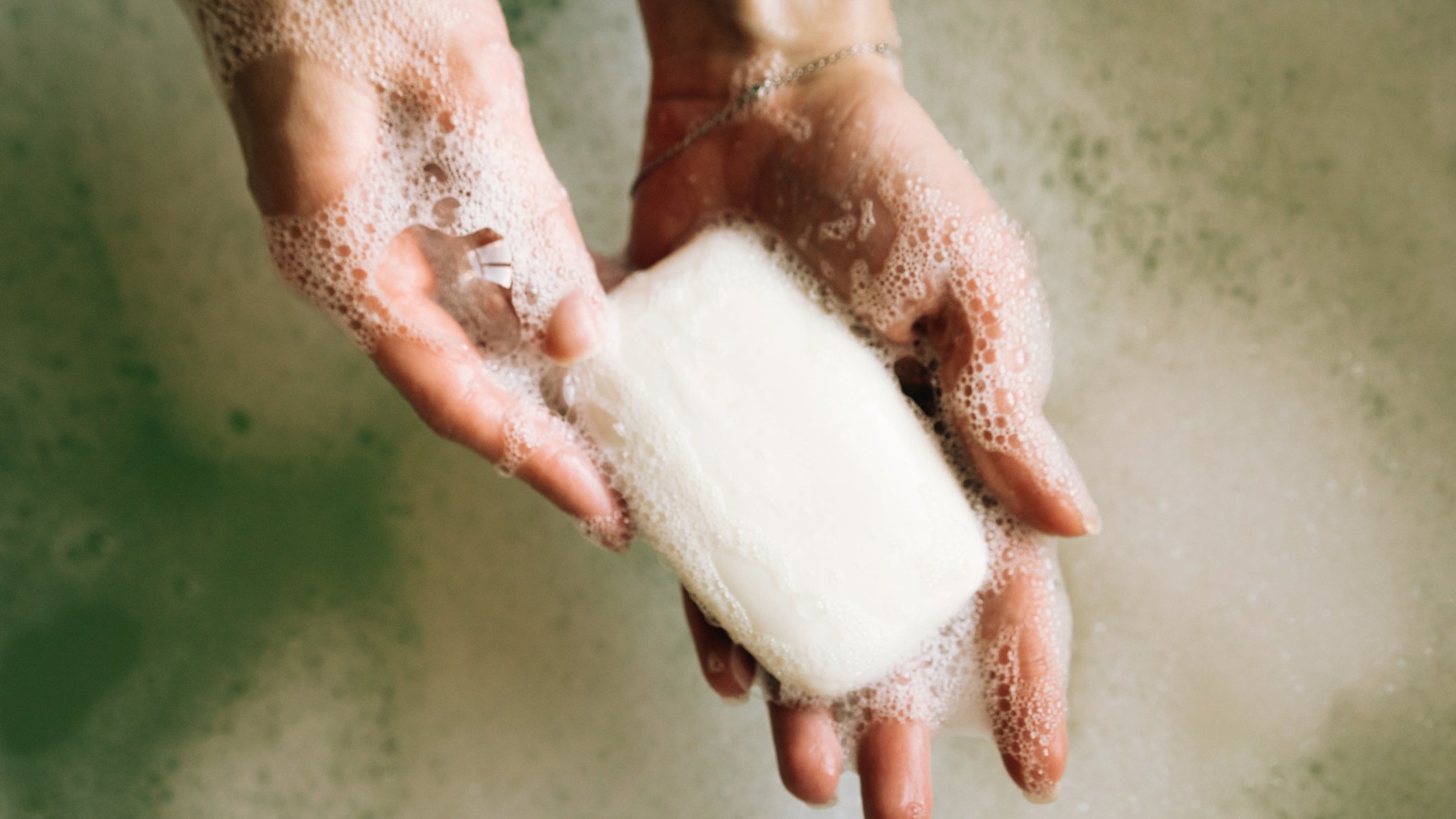Can You Compost Soap – Is Soap Bad For Compost Heaps


Sign up for the Gardening Know How newsletter today and receive a free copy of our e-book "How to Grow Delicious Tomatoes".
You are now subscribed
Your newsletter sign-up was successful
Composting is the secret ninja power all of us have. We can all help our Earth by recycling and reusing, and composting is a key ingredient to helping us lower our damaging effects on the planet. But sometimes things get tricky as you navigate which items can and can't be composted. For instance, can you compost soap? The answer depends upon what is in your soap.
Can You Compost Soap?
Keen to keep our Earth green and healthy? The compost pile is an effective way to reduce your waste and reuse it for all its glorious benefits. Soap scraps get too small to use easily and are often discarded, which begs the question, is soap bad for compost?
It seems logical that something you deem safe enough to cleanse your body with should be ok to go into the garden heap. Some tips on adding soap to compost can help you decide if soap scraps in compost are a good option.
Soap is the salt of a fatty acid that is effective in cleaning. Hard soap, like bar soap, is usually composed of fats that react with sodium hydroxide. They could be comprised of fats from coconut, lard, palm oil, tallow, and other oils or fats.
While essentially natural, fats do not break down well in compost piles which is why expert composters recommend not adding any meat to the mix. However, in a healthy, well-maintained composting system, there are enough beneficial organisms and bacteria to break down small amounts of fat. The key is to keep the right balance in the pile with the proper temperature.
Adding Soap to Compost
Is soap bad for compost? Not necessarily. It is important to know what is in your bar soap. Ivory and Castille (olive oil based soap), for example, are pure enough that small shards can safely be added to the compost pile. Break them up as much as possible so there are open surfaces for those good little bacteria to start breaking them down.
Avoid fancy soap with fragrance, dye, and, chemicals. These substances can contaminate your compost. If you don't know what is in your soap, it's better to throw the last bits away, or make your own hand soap, than try to reuse it in your compost.
Sign up for the Gardening Know How newsletter today and receive a free copy of our e-book "How to Grow Delicious Tomatoes".
Biodegradable soaps are safe to use in the compost bin. Expect shards of soap to take up to 6 months to break down. Examples of biodegradable soaps are those with beeswax, avocado oil, hemp seed oil, and other natural oils in them. They can actually be beneficial in keeping flies away from the decaying debris.
Another added benefit to such soaps is they make all the materials resistant to mildew. Avoid excess moisture in the pile. While it will help break down the soap, it can produce a sudsy mess that coats materials and could actually retard the composting process.

Bonnie Grant is a professional landscaper with a Certification in Urban Gardening. She has been gardening and writing for 15 years. A former professional chef, she has a passion for edible landscaping.